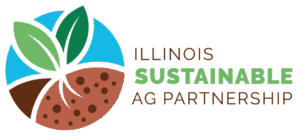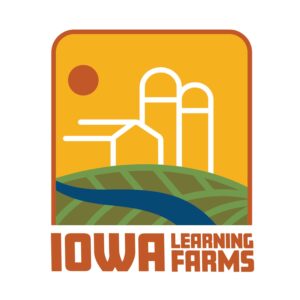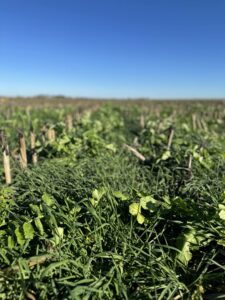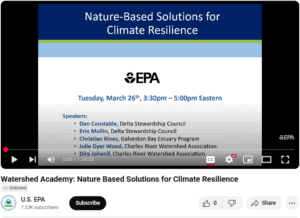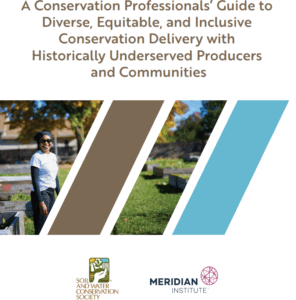Resources
Documents & Websites
Digging Deeper – Cover Crops & N2O Emissions
A pair of short-duration studies on Illinois fields suggested that cover crops reduce nitrate leaching (a win for water quality) but may increase nitrous oxide (N2O, a greenhouse gas). ISAP…
Digging Deeper – More Than Trash – Why Residue Matters
More Than Trash – Why Residue Matters breaks down how residue from each crop impacts soil nitrogen availability. The resource explores key questions related to decomposition of residue, soil microbial…
Field Day Toolkit
This Field Day Toolkit is the product of Iowa Learning Farms’ many years of planning and hosting field day events across the state of Iowa. While ILF utilizes many different…
Dairy Conservation Navigator
Dairy Conservation Navigator is an online platform that consolidates science-based information about dairy conservation topics and the practices and technologies that reduce a farm’s environmental footprint. Created by the U.S. Dairy…
Digging Deeper: A Comparison Between Standard Soil Tests and the Haney Soil Health Test
The Illinois Sustainable Ag Partnership (ISAP) has released our comparison guide showing the similarities and differences between a standard soil fertility test and the Haney Soil Health Test. Based the…
Illinois Cover Crop Quick Reference Guide
The Illinois Cover Crop Initiative (ICCI) created this general overview of planting information for common cover crops.
Cover Crop Seeding Methods Guide
Making cover crop seeding decisions can be a complicated process. ISAP developed the Cover Crop Seeding guide to help producers understand the benefits and considerations of various cover crop application methods. The…
The Policy Landscape for Agricultural Bioenergy
This issue brief, the last in a series on agricultural greenhouse gas emissions policy, offers an introduction to bioenergy and relevant federal agricultural and nonagricultural policy.
Nature-Based Solutions for Climate Resilience Webinar
As climate change continues to impact both natural systems and communities, nature-based practices can provide an important solution for building climate resilience. This webcast features professionals from across the country…
DEI Guidebook for Conservation Professionals
This guidebook seeks to be a living resource aimed at integrating diversity, equity, and inclusion (DEI) principles into conservation efforts amidst the challenges posed by climate change. Developed by stakeholders representing historically…
